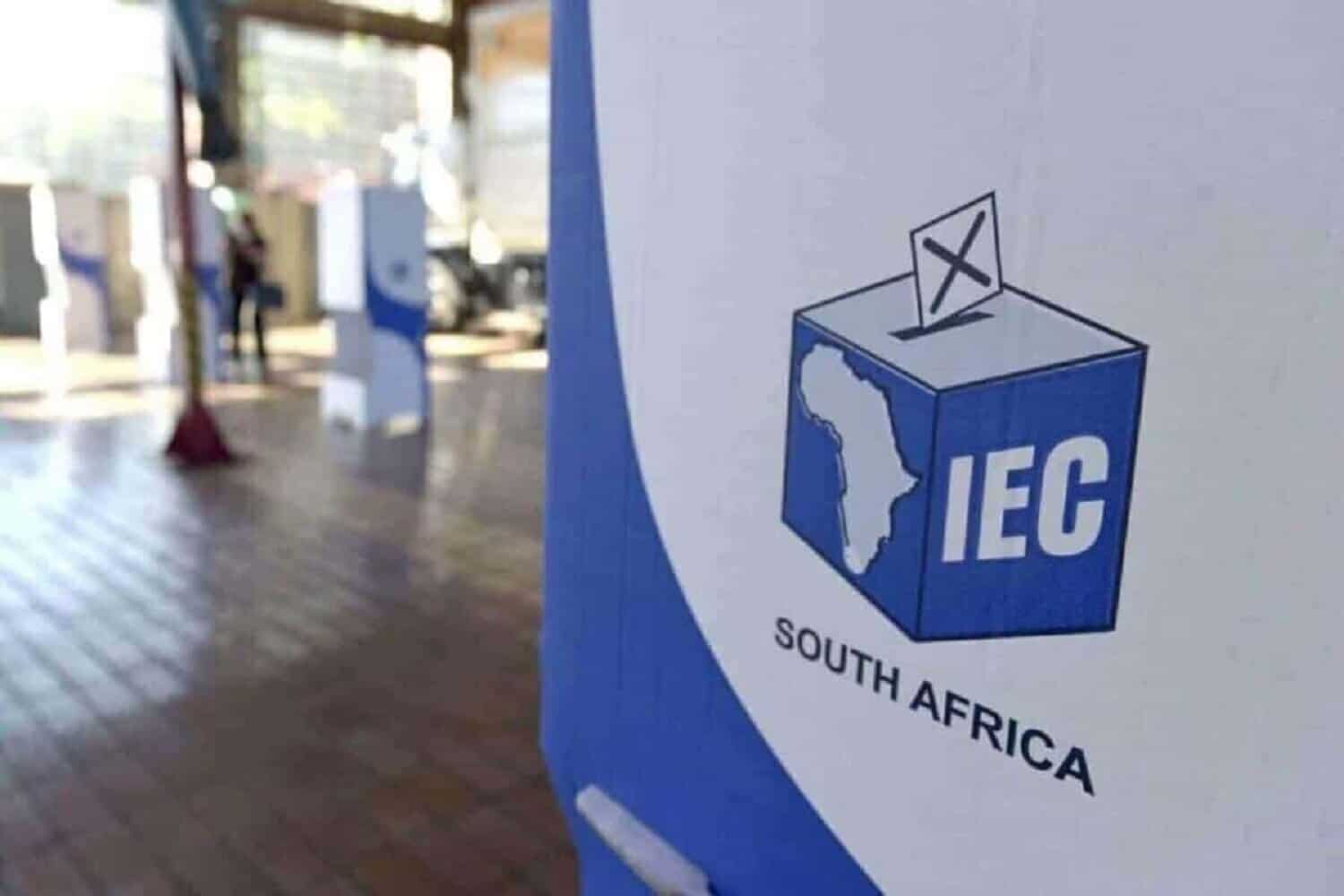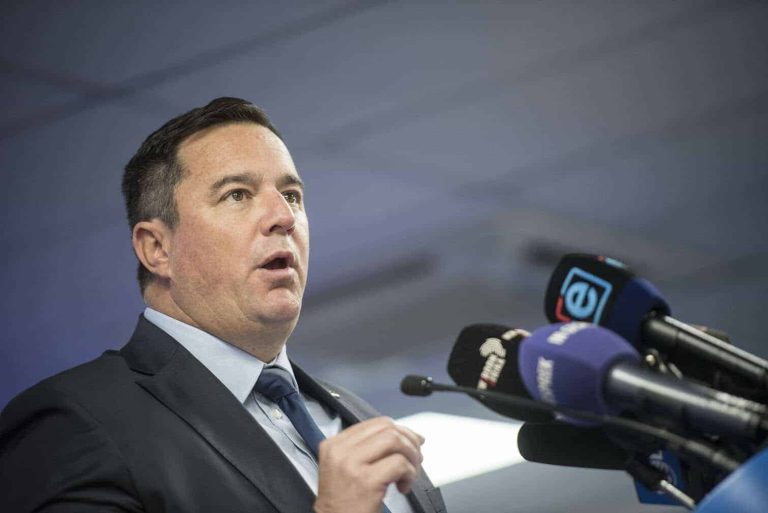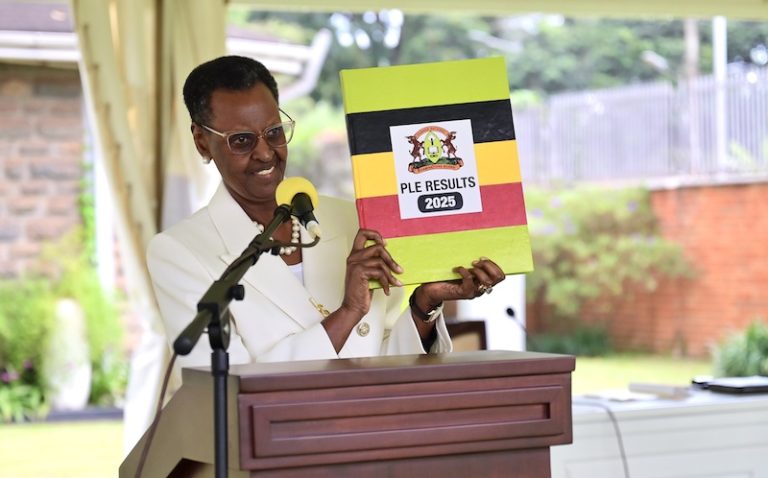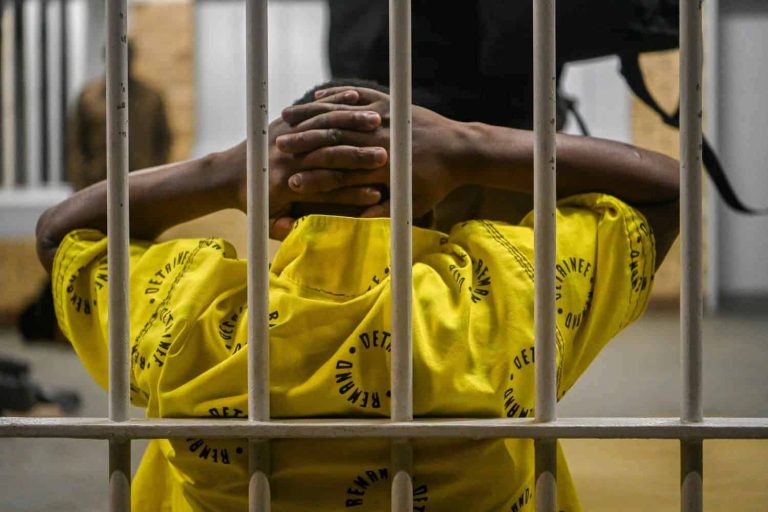
The Electoral Commission of South Africa (IEC) addresses the use of electronic voting in the upcoming municipal elections, set for November 2026 to January 2027.
Deputy Chief Electoral Officer Masego Sheburi made the announcement during a media briefing on the commission’s performance, voter registration updates, and legislative developments ahead of the 2026 municipal polls.
E-voting consultations complete
The IEC confirmed that electronic voting will not feature in the next municipal elections.
Sheburi said the IEC had completed extensive consultations across the country on the feasibility of electronic voting, with the process closing on 30 September 2025.
The commission received over 200 written submissions via email and online platforms, and conducted more than 20 stakeholder engagements in all nine provinces.
“The key highlights of submissions from these consultative forums are the following: that e-voting must be preceded by a cautious, phased and pilot-driven approach before adoption,” said Sheburi.
He added that many participants recommended a hybrid approach that combines paper ballots with digital technology to ensure trust and transparency in the process.
“Submissions also emphasised that the migration to e-voting must be preceded by strong nationwide voter education programmes, focus on accessibility for all citizens, including those in rural areas and living with disabilities, and require significant public investment in digital infrastructure,” he said.
Sheburi stressed that electronic voting would only be considered once a “robust legislative framework” is in place.
“Going forward, we will consolidate the received submissions and revise the draft policy paper, which will be submitted to Parliament for consideration,” he said.
However, he was clear that “electronic voting is not on the cards for the next general elections of municipal councils.”
ALSO READ: IEC unable to make parties account for direct funding
Improved voter registration
Sheburi reported that voter registration trends were positive, with over 300 000 South Africans registering as first-time voters between January and September 2025.
An additional 60 000 people updated their registration details after moving or changing addresses.
“The highest number of new registrations occurred in September, which accounted for 71 324 new registrations, followed by August with 50 714 and February with 39 967,” said Sheburi.
He added that 76% of new registrations were done using the Voter Management Device (VMD), 12% through the online portal, and 10% at local IEC offices.
“This reflects that more and more South Africans, especially young first-time voters, are embracing digital innovations,” he said.
Despite the encouraging numbers, Sheburi urged more citizens to register.
“We encourage all eligible voters to use the convenience of our self-registration platforms to register or to update their voter registration details,” he said.
ALSO READ: Road to 2026 local government elections: IEC registers 13 new political parties since last month
Political party compliance
The IEC’s 2024/2025 annual report, considered by Parliament’s Portfolio Committee on Home Affairs on 14 October, reflected strong performance across all operational areas.
“The commission achieved 92% of its key performance targets during the 2024/2025 reporting period, building on five consecutive clean audits,” said Sheburi.
He reported a 90% compliance rate among represented political parties, with 18 of 20 parties submitting their audited financial statements on time.
The two parties that failed to comply, the National Coloured Congress and Build One South Africa, were issued directives to submit outstanding documents.
Of the 438 unrepresented political parties, only 28% complied, prompting the IEC to serve notices on 304 parties to adhere to the Political Funding Act.
ALSO READ: ActionSA introduces Bill to regulate political polls
Preparations for 2026/2027 municipal elections
Sheburi said the commission was proposing several legislative amendments to improve electoral administration, including clarifying when objections to the voters’ roll may be lodged and introducing automatic deregistration of inactive political parties.
The draft amendment bill is scheduled to be presented to the Portfolio Committee on Home Affairs on 18 November 2025.
He also confirmed that the Municipal Demarcation Board will hand over new ward boundaries to the IEC in December, paving the way for the next phase of preparations.
As of October 2025, the IEC has registered 62 new political parties since the 2024 national and provincial elections, bringing the total to 508.
Concluding the briefing, Sheburi urged South Africans to register and prepare to cast their ballots.
“Now is the time to register and to ensure that you vote to continue to shape affairs in your community and have a say in the selection of the men and women who will administer our public affairs on our behalf,” he said.
NOW READ: Ramaphosa names new commissioners to lead IEC ahead of elections



